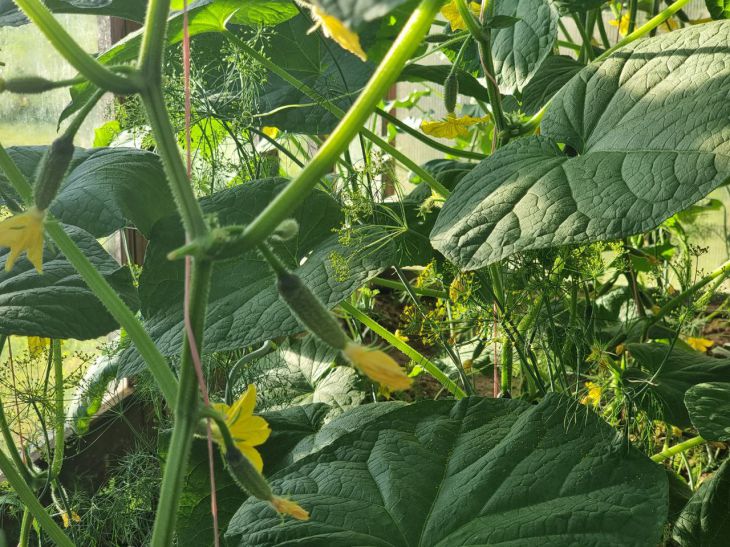The cucumbers have left the garden bed, but their "shadow" continues to affect the future harvest. Why?
Timiryazev Academy professor Igor Sokolov reveals in an article for Horticulture Today: cucumbers acidify the soil to pH 5.0–5.5, which is critical for crops that require a neutral environment.
For example, beets planted after cucumbers lose 50% of their sugar content, and radishes become woody.

But the main “victims” of cucumber beds are pumpkin plants.
A University of Florida study found that squash and pumpkins grown after cucumbers were 80% susceptible to powdery mildew.
Krasnodar farmer Andrei Volkov shouts in a YouTube video with 200,000 views:
"My zucchini turned white within a week of sprouting! The neighboring bed of beans remained healthy."
Top 3 forbidden crops after cucumbers:
- Pumpkin - common diseases and pests.
- Watermelons - magnesium deficiency in acidic soil.
- Beetroot - boron absorption disorder.
Solution? Agronomists advise:
- Add dolomite flour (500 g per 1 m²) to the soil to neutralize acidity.
- Plant phacelia - it will restore the soil structure in 2 months.
Advice from organic farming expert John Jeavons :
"After cucumbers, I always sow mustard and then work it into the soil. This kills pathogens and attracts earthworms."
